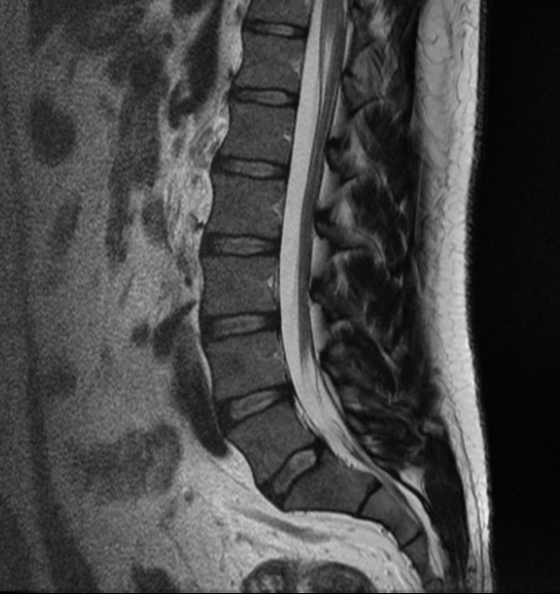We previously wrote a post on how early MRI scans for injuries can have a strong iatrogenic (medically caused illness) effect on pain, disability, recovery and outcomes.
The reasons are that MRIs often show abnormal radiological findings that are not related to the individual's injury or function, and this impacts on the patients' perception, anxiety and mindset, as well as the direction of medical treatment.
For a group of patients with injuries that have normal MRIs and scans, this can bring on a whole new set of problems. So what can go wrong?

These patients become so anxious of trying to find pathology that their behaviour self perpetuates their pain and disability. They develop chronic pain, and they become so fixated on proving their injury, rather than focusing on understanding their condition and spending energy on how to manage it.
Why is that?
The underlying issue here is TRUST.
Trust that nobody believes their injury. But the truth is, injuries can happen with normal MRIs. Unfortunately this explanation will never be enough for some.
In the case of compensable injuries, the employer and insurer questions why their scans are normal. They are sent for an Independent Medical Examination, and their claim is rejected. Let us assume this is a genuine injury (and most start out to be). This course of events shows the worker and every employee that their employer does not trust them, and does not support them when they are most vulnerable; after putting their body on the line and becoming injured.
The impact on organisational culture is immense.
And the patient's condition deteriorates, and recovery and return to work is severely hampered.
All because of a normal scan.

So how can we help as doctor's, physio's, employers and insurers? We should all send the same message to our patients and injured workers, as per the British Journal of Sports Medicine - to avoid radiology unless :
1) serious pathology is suspected
2) progress with conservative treatment has been unsatisfactory
3) there is unexplained progression of symptoms
4) it helps with changing management

If the patient, employer or insurer insists on scans, we should advise that they will often show unrelated pathology, and research has shown poorer health outcomes with scans that are not indicated.
If they still insist, perhaps we can try saying :
"What if the scans come back as normal?"
Find us at Rose Park and Salisbury
Would you like to learn more about Next Generation Occupational Medicine or would like to arrange an appointment? Contact us via one of the methods here, we'd love to chat.




